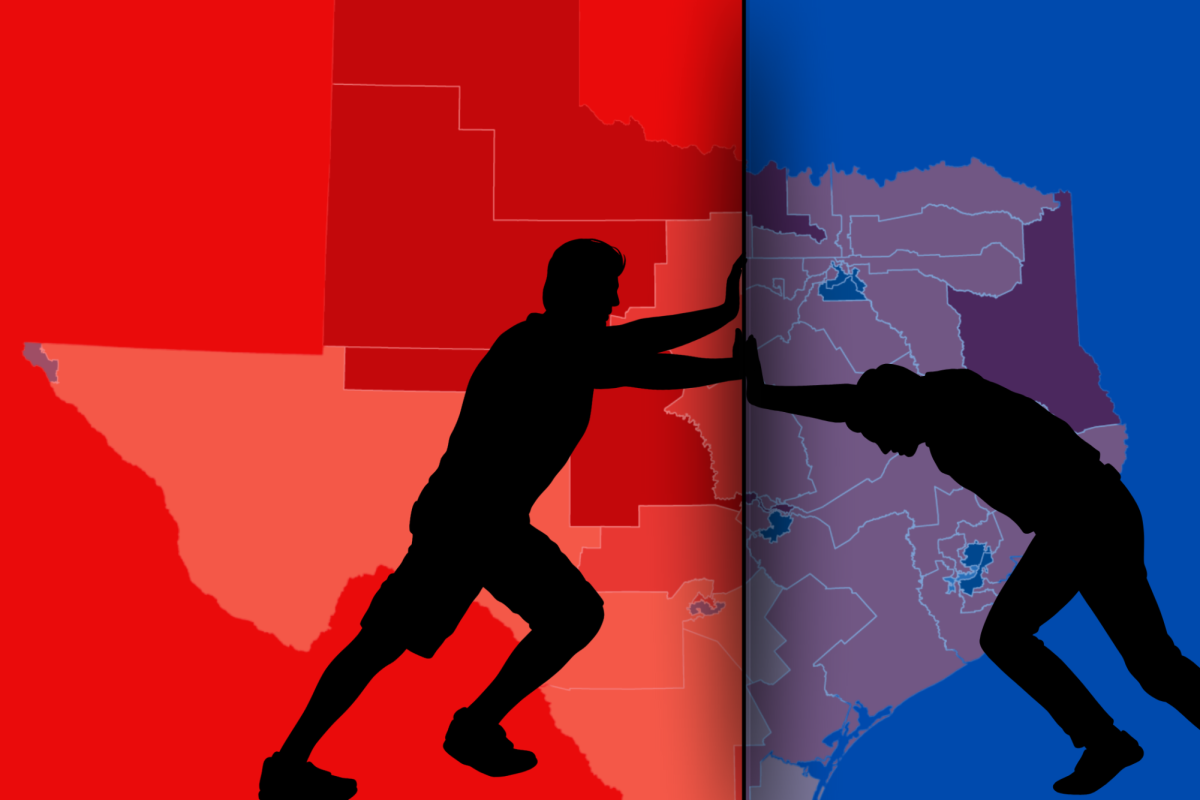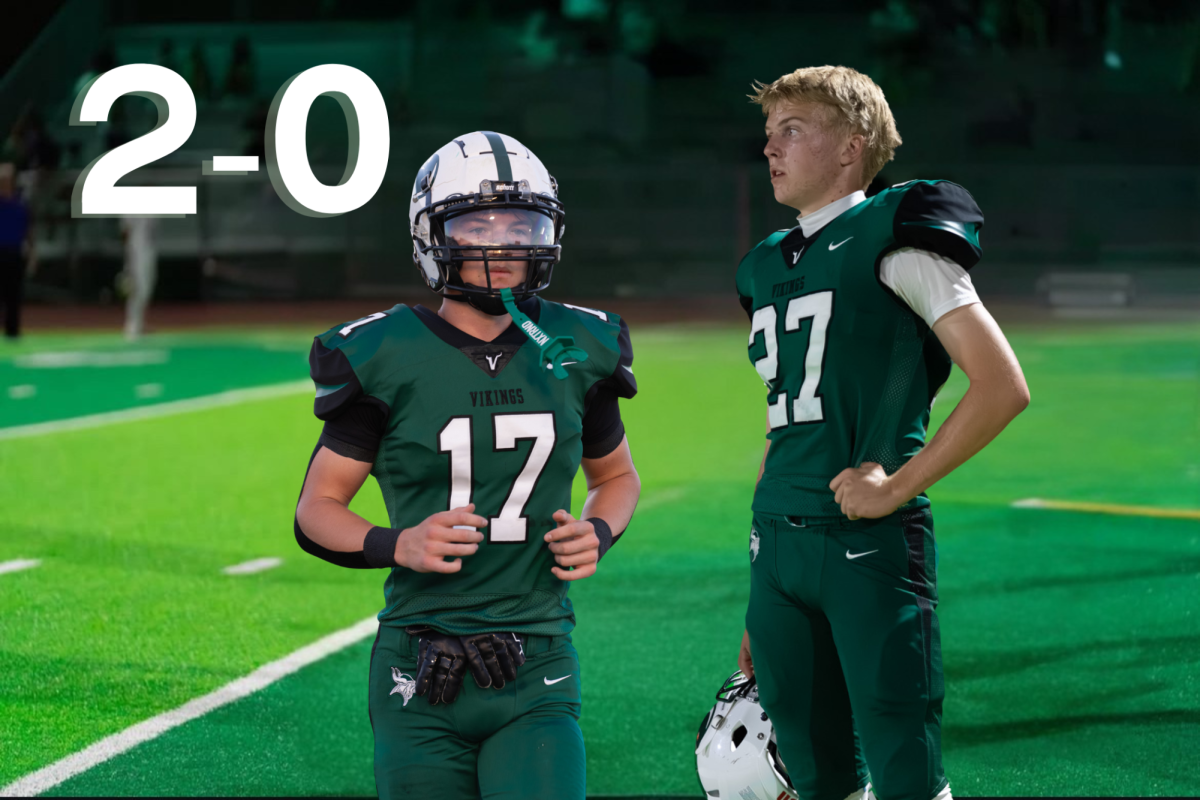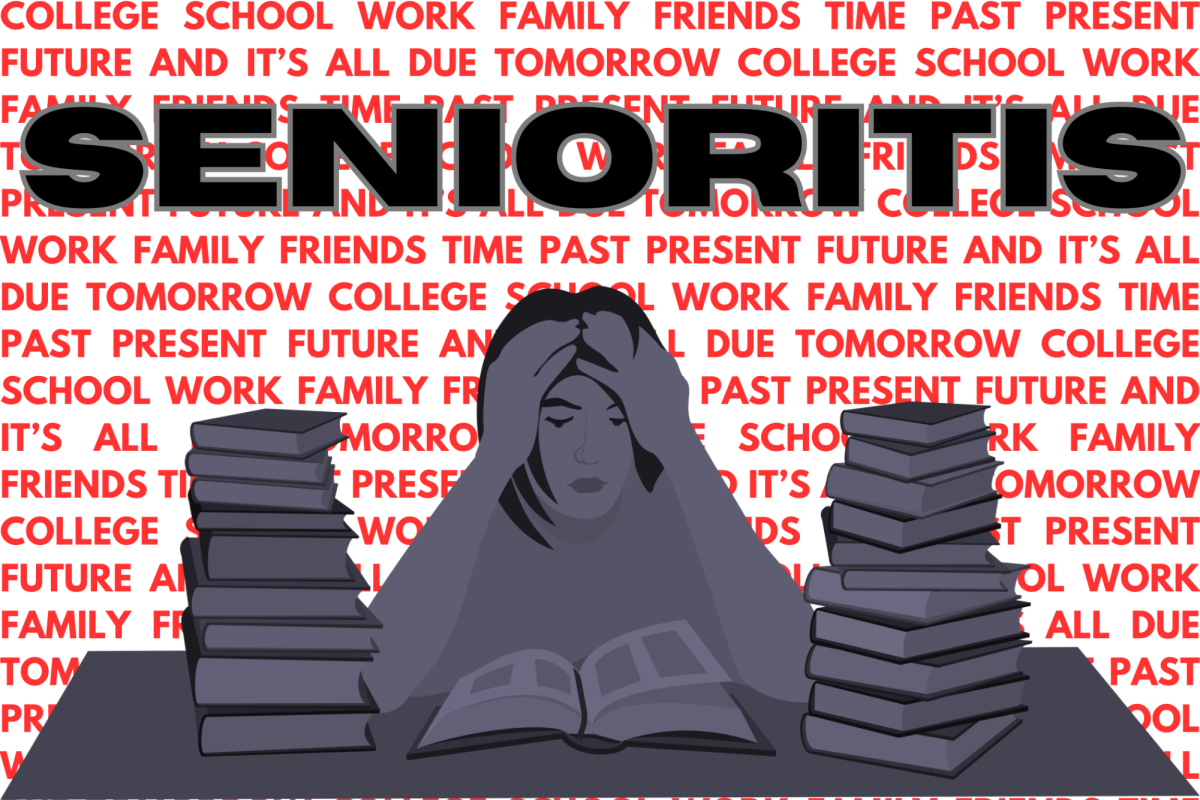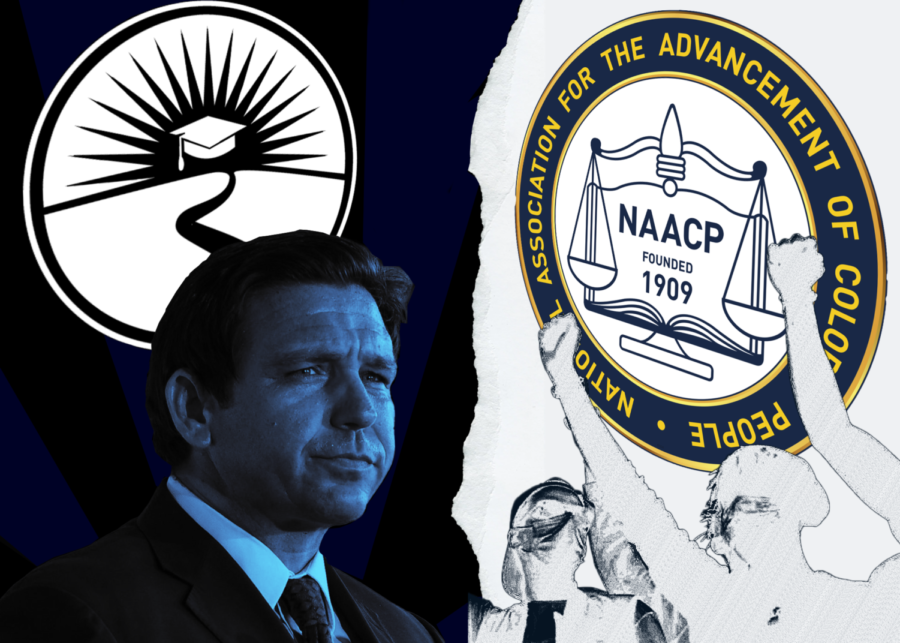Florida Governor Ron DeSantis Rejected AP African American History Course
February 2, 2023
Florida Governor Ron DeSantis rejected the AP African American Studies course in Florida schools K-12 after stating in a Jacksonville press conference that its content is “contrary to Florida law.”
DeSantis’s administration shut down the program on January 23, among significant controversy.
A plethora of this controversy came from the NAACP, a prominent civil rights organization.
The Director of Education Innovation and Research Ivory Toldson said, “we cannot allow our children’s futures to be hamstrung because of systemic racism and inequality; not only when it comes to AP African American Studies but also for all other learning opportunities.”
Nevertheless, DeSantis argued that the course promotes a political agenda and lacks educational value.
“That’s the wrong side of the line for Florida standards. When you try to use Black history to shoehorn in queer theory, you are clearly trying to use that for political purposes,” DeSantis said.
Currently, the course is being piloted to hundreds of high schools across the country as the College Board plans to administer the first exams in Spring 2025.
According to College Board, their AP African American Studies course was “drawn from the expertise and experience of college faculty and teachers across the country… to explore the vital contributions and experiences of African Americans.”
The interdisciplinary course reaches into a variety of fields—literature, the arts and humanities, political science, geography, and science to offer high school students an evidence-based introduction to African American studies.
“Dismissing this important subject as lacking “educational value” defies centuries of evidence to the contrary. African American history is American history, and failure to comprehend this very simple fact is un-American in and of itself,” said Toldson.
DeSantis claimed that in Florida the education standards do not prevent, but require teaching Black history.
However, as data from the U.S. Department of Education Civil Rights Data Collection reveals, “every single district in Florida with more than 100,000 students has grave inequities faced by Black students; including lack of access to advanced classes and disproportionate punishments compared to White counterparts.”


































































